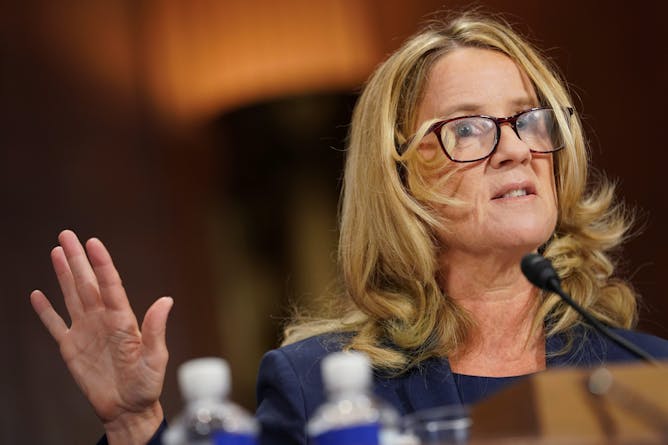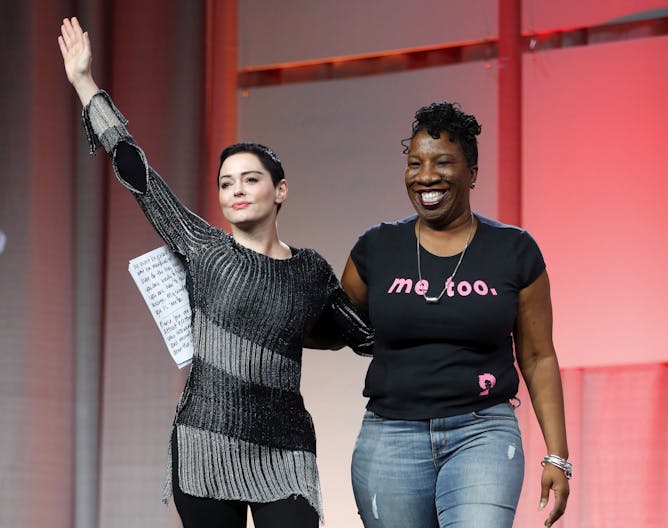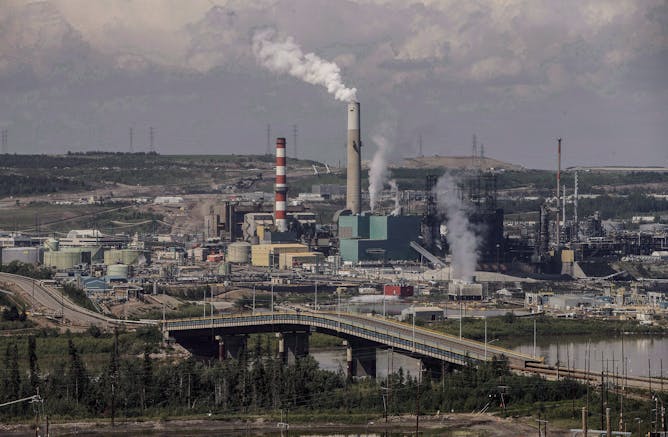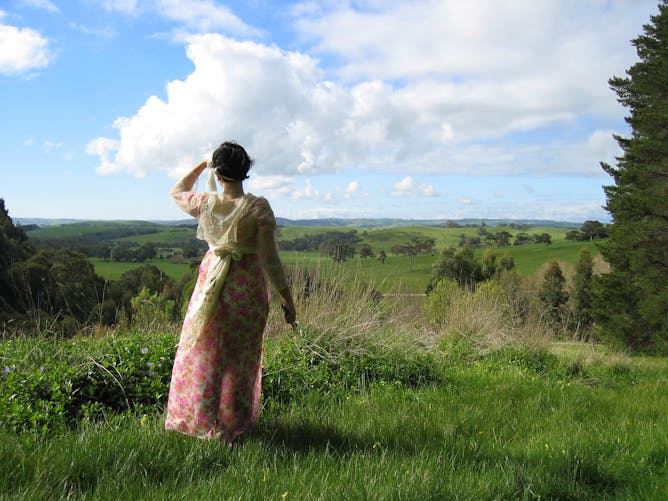|
It was just a week ago that it became clear Brett Kavanaugh would be confirmed as a justice on the U.S. Supreme Court – a move that came after emotional testimony from Christine Blasey Ford that she had been sexually assaulted by Kavanaugh in the 1980s. Today in The Conversation Canada, Dillon Thomas Browne of the University of Waterloo explains the scientific study of trauma that was illuminated by the testimony of both Blasey Ford and Kavanaugh.
This week marks the first anniversary of the expose by New Yorker magazine on Harvey Weinstein’s horrific sexual assaults that saw the #MeToo movement take off. Lucia Lorenzi of McMaster University looks at the rare cases when men have publicly confessed to the damage they’ve caused by sexual assaults.
A new federal environmental assessment legislation known as the Impact Assessment Act is currently before the Senate. Mark Winfield of York University, Deborah Curran of the University of Victoria and Martin Olszynski of the University of Calgary say criticism of the legislation from pro-development forces is unfounded.
And finally…Robert Morrison of Queen’s University returns with a modern look at the work of Jane Austen. He notes Austen’s “plots and sub-plots about men and power — and women’s resilience in the face of that power — sound like stories we are hearing today.”
Regards,
|

Christine Blasey Ford testifies before the Senate Judiciary Committee on Capitol Hill in Washington, D.C., on Sept. 27, 2018.
(AP Photo/Andrew Harnik, Pool)
Dillon Thomas Browne, University of Waterloo
If the Ford-Kavanaugh saga had any positive impact, it at least clearly highlighted several lessons from traumatology and the complex consequences of traumatic events across society.
|

In this Oct. 27, 2017 photo, actress Rose McGowan, left, waves after being introduced by Tarana Burke, right, founder of the #MeToo movement, at the inaugural Women’s Convention in Detroit. Are men any more likely to confess to sexual assault since #MeToo?
(AP Photo/Paul Sancya)
Lucia Lorenzi, McMaster University
Confessions of sexual assault are rare. Are men any more likely to confess to sexual assault since #MeToo?
|

Suncor’s base plant with upgraders in the oil sands in Fort McMurray Alta., June 13, 2017.
(THE CANADIAN PRESS/Jason Franson)
Mark Winfield, York University, Canada; Deborah Curran, University of Victoria; Martin Olszynski, University of Calgary
Canada's proposed new environmental assessment law is facing heated, if not necessarily well-informed, opposition. The real question is whether it goes far enough.
|

Behind the rose-coloured tales of well-matched couples falling deeply in love, Austen’s novels vigorously critique the patriarchal structures of her day.
Shutterstock
Robert Morrison, Queen's University, Ontario
Though she created her stories more than 200 years ago, Jane Austen's novels were forerunners of feminism.
|
Health + Medicine
|
-
Tim Spector, King's College London
Metabolites in a drop of blood may be a better way to determine your metabolic health than body mass index (BMI).
|
|
Arts
|
-
Catriona Miller, Glasgow Caledonian University
The real focus of end-of-days narratives isn’t the spectacle of collapse, but about what comes after and how it challenges our world view.
|
|
Environment + Energy
|
-
Arthur Muneza, Michigan State University; Robert Montgomery, Michigan State University
The number of giraffes in Africa has dropped by 40% over the past 30 years, but the reasons for this remain largely unknown.
|
|